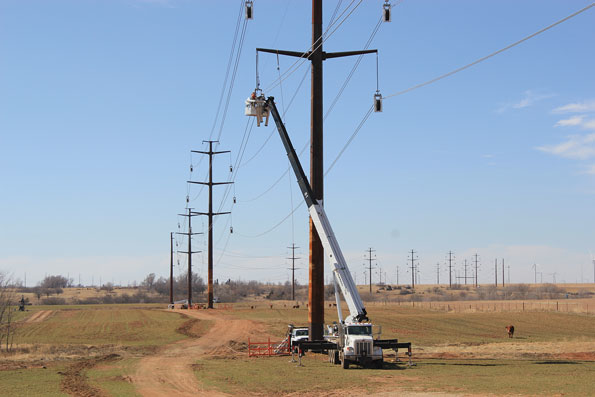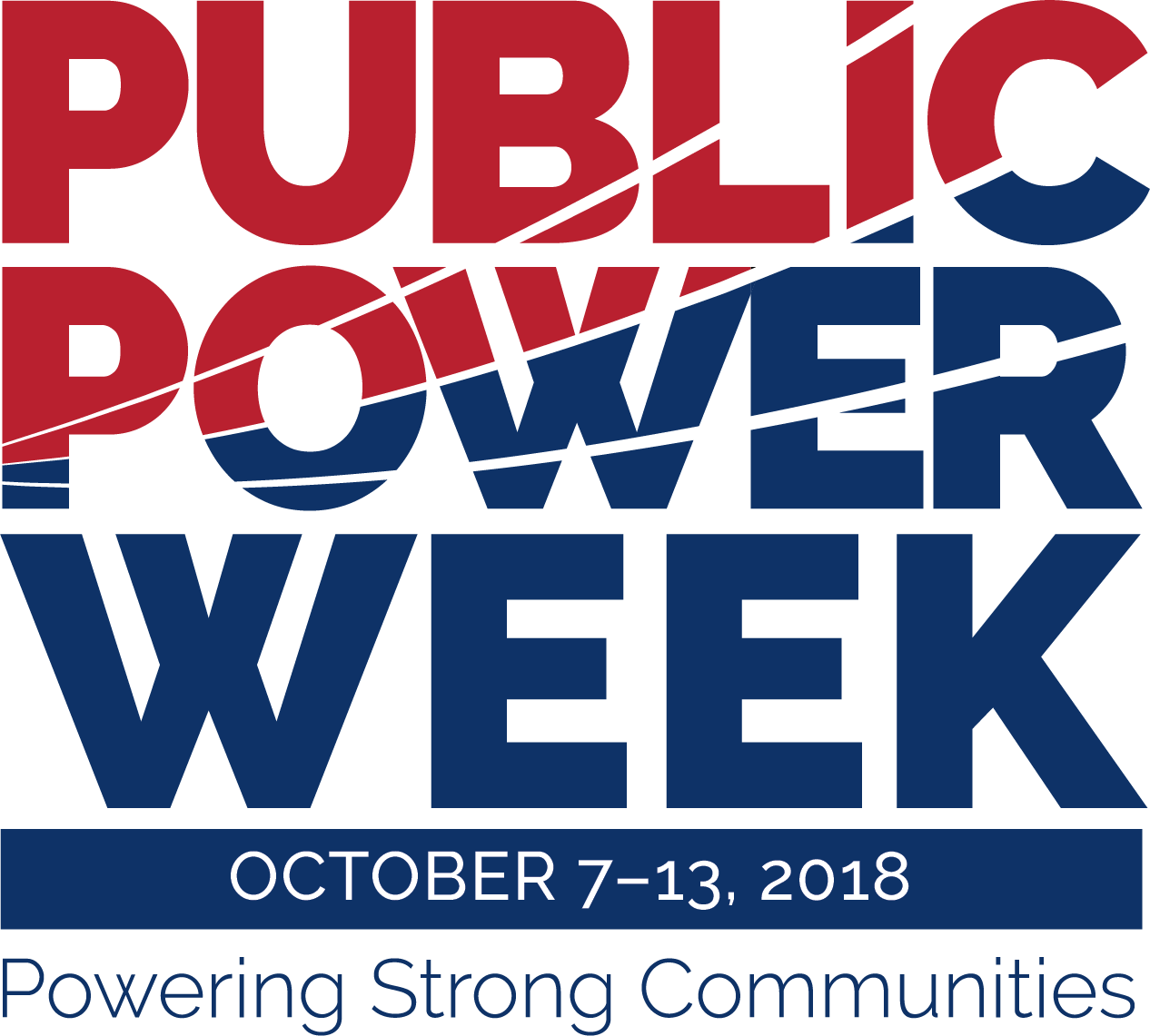

More profits for developers, less benefits for workers.
Do public power utility companies make money series#
Lorena Gonzalez, executive secretary of the California Labor Federation and a former Assemblymember, in a series of tweets: “Please tell me the last time a bill that red-lined labor standards out of existing law was passed in California?….They want lawmakers to keep offering incentives to developers who hire union workers. Opponents include the State Building and Construction Trades Council and the California Labor Federation. Under the new legislation, however, Wiener wants to nix the “skilled and trained” requirement, with the intent to speed up housing projects. The law will expire in 2026 and is up for renewal through Wiener’s Senate Bill 423. Of the remaining third, it’s unclear whether any “skilled and trained” projects have actually broken ground. But construction crews have to be “ skilled and trained” (essentially, union workers), and be paid union-level wages.īut six years later, about two-thirds of the projects fast-tracked through the law appear to be built through the first option. The rest could include market-rate units or even luxury units. Option 2: Build something where 10% of the new units are for lower-income residents.Construction crews, however, must be paid a “ prevailing wage,” (equal to about what a unionized construction worker earns on a public infrastructure project).
 Option 1: Build something that is 100% affordable, with all new units priced for lower-income residents. Wiener’s original law gives developers two options to accelerate their plans: Scott Wiener’s bid to renew and make permanent a 2017 development law that aimed to expedite affordable housing, writes CalMatters’ housing reporter Ben Christopher. Major construction unions split over San Francisco Sen. One reason that may not be so apparent, however, is squabbling between unions. There are many reasons why California has an affordable housing crisis. Photo by Martin do Nascimento, CalMatters In the meantime, the first round of comments for the proposal will be due by June 2 and the Public Utilities Commission will be expected to make a final decision on the pricing structure by July 2024.Īdvertisement Other Stories You Should Knowġ More unions get behind housing bill An excavator operates at the Quito Village Development Project in Saratoga on Apr. But lower-income residents end up paying a disproportionate share of utility expenses. The rising cost of natural gas has caused utility bills to surge, frustrating Californians across all economic levels. More fees are not a solution to already ridiculously high utility bills.” Senate GOP leader Brian Jones of El Cajon and other Republican senators, in the letter: “The goal of trying to stabilize the grid and lower electricity rates is something we support however, the tactic of implementing a structured fixed-charge system that diminishes individual responsibility and usage in favor of an ‘identity’ subsidization is not, in our opinion, an answer. On Friday, the Senate Republican caucus fired off a letter to the utilities commission arguing that the pricing proposal would “unfairly burden” low-income residents: PG&E and Southern California Edison estimate its lowest-income customers would, on average, save as much as a 21% on their bill.īut Republican legislators are skeptical that a plan from “a government sanctioned monopoly” will save customers money. The companies say the rate of kilowatt-hour usage will also lower for all customers, but low-income households will benefit the most. Households making more than $180,000 a year: $85 to $128. Households making less than $69,000 a year: $20 to $34. According to KTLA 5, the monthly charge would vary between the companies, and range from: These charges go toward operating costs for the state’s electric grid, including maintenance.Įarlier in April, three companies - Pacific Gas & Electric, Southern California Edison and San Diego Gas & Electric - submitted a proposal to the California Public Utilities Commission that includes an income-based pricing system for these fixed charges, as called for in a 2022 state law. California utility companies are working on a controversial pricing structure that would bill households a different fixed charge depending on their income - but the idea is catching heat from Republicans who argue it will hurt low-income families.Īs you may have already noticed on your own bill, monthly electric bills come with a few fixed fees that are added on top of the charges proportional to your usage rate.
Option 1: Build something that is 100% affordable, with all new units priced for lower-income residents. Wiener’s original law gives developers two options to accelerate their plans: Scott Wiener’s bid to renew and make permanent a 2017 development law that aimed to expedite affordable housing, writes CalMatters’ housing reporter Ben Christopher. Major construction unions split over San Francisco Sen. One reason that may not be so apparent, however, is squabbling between unions. There are many reasons why California has an affordable housing crisis. Photo by Martin do Nascimento, CalMatters In the meantime, the first round of comments for the proposal will be due by June 2 and the Public Utilities Commission will be expected to make a final decision on the pricing structure by July 2024.Īdvertisement Other Stories You Should Knowġ More unions get behind housing bill An excavator operates at the Quito Village Development Project in Saratoga on Apr. But lower-income residents end up paying a disproportionate share of utility expenses. The rising cost of natural gas has caused utility bills to surge, frustrating Californians across all economic levels. More fees are not a solution to already ridiculously high utility bills.” Senate GOP leader Brian Jones of El Cajon and other Republican senators, in the letter: “The goal of trying to stabilize the grid and lower electricity rates is something we support however, the tactic of implementing a structured fixed-charge system that diminishes individual responsibility and usage in favor of an ‘identity’ subsidization is not, in our opinion, an answer. On Friday, the Senate Republican caucus fired off a letter to the utilities commission arguing that the pricing proposal would “unfairly burden” low-income residents: PG&E and Southern California Edison estimate its lowest-income customers would, on average, save as much as a 21% on their bill.īut Republican legislators are skeptical that a plan from “a government sanctioned monopoly” will save customers money. The companies say the rate of kilowatt-hour usage will also lower for all customers, but low-income households will benefit the most. Households making more than $180,000 a year: $85 to $128. Households making less than $69,000 a year: $20 to $34. According to KTLA 5, the monthly charge would vary between the companies, and range from: These charges go toward operating costs for the state’s electric grid, including maintenance.Įarlier in April, three companies - Pacific Gas & Electric, Southern California Edison and San Diego Gas & Electric - submitted a proposal to the California Public Utilities Commission that includes an income-based pricing system for these fixed charges, as called for in a 2022 state law. California utility companies are working on a controversial pricing structure that would bill households a different fixed charge depending on their income - but the idea is catching heat from Republicans who argue it will hurt low-income families.Īs you may have already noticed on your own bill, monthly electric bills come with a few fixed fees that are added on top of the charges proportional to your usage rate.






 0 kommentar(er)
0 kommentar(er)
